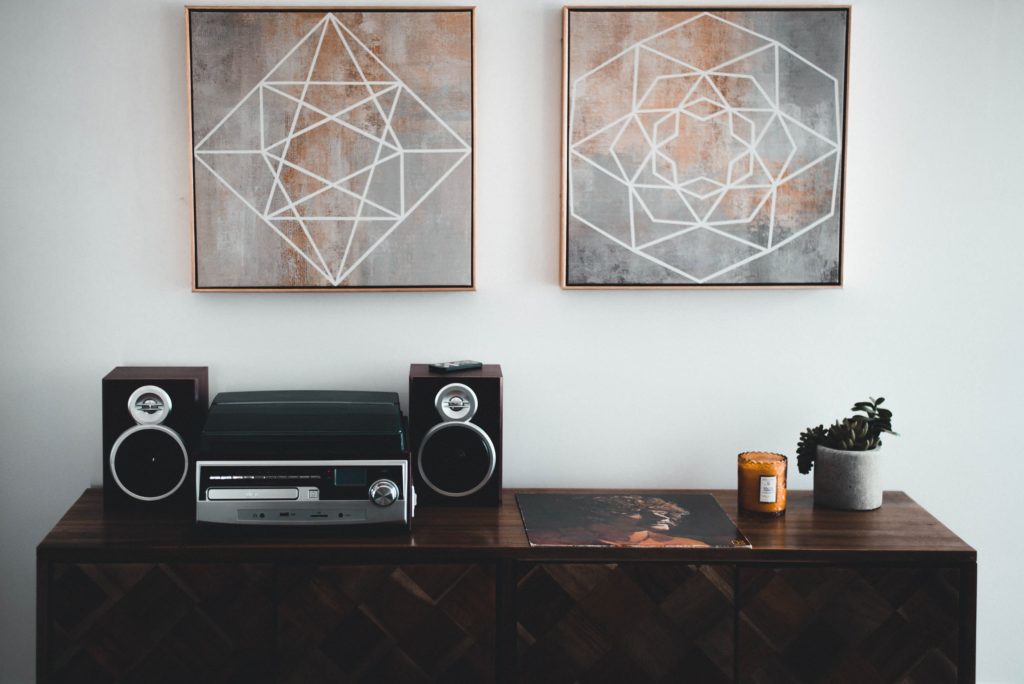
The ultimate guide to dealing with noisy neighbors in NYC
If you live in New York City, chances are you’ve dealt with noisy neighbors at some point. NYC apartments aren’t the best at soundproofing, so it’s not uncommon for noise to carry between units. Whether it’s loud music, people partying all night or just general day-to-day noise, it can be tough to deal with. Noise has this particularity to be an invisible threat, and it can cause more damage than you think. So how do you deal with noisy neighbors in NYC? Are there any laws in place to help you and what are the solutions? Keep calm: here’s our ultimate guide to dealing with noisy neighbors.
First, what does the law says about noise disturbance in NYC?
When wanting to deal with such an issue, you’d like to dig into what the law says first. It can help you understand what actions you can take, and also if the noise pollution you’re facing can be considered normal or not.
In NYC, the law is pretty clear when it comes to noise disturbance. According to the New York City Noise Code, “excessive and unreasonable noise” is prohibited at all times. This means that if your neighbor is being noisy and it’s bothering you, they are breaking the law.
There are a few exceptions to this rule, such as noise from construction work or emergency vehicles, but generally speaking, if your neighbor is being noisy and it’s bothering you, they are breaking the law.
And yes, let’s stop there a minute: there is indeed a Noise Code created by the city itself to understand “the most common sources of noise in the city”. This means that you have to acknowledge NYC is already a noisy city by itself: sirens noise, traffic, or even helicopters can already bother you every day. So let’s say that when a neighbor also contributes to this general din, you have all the right to be upset.
What is considered excessive noise in an apartment in NYC?
Well, as the law says, any excessive and unreasonable noise is prohibited in apartments.
The NYC Noise Code acknowledges that we can suffer from the following type of noise pollution from our neighbors:
- Animal noises
- Cellphone conversations
- Electronic equipment: television, stereos, musical instruments
- Power tools
- Lawnmowers or leaf blowers
If you know how noise is measured, then these indications might be helpful. For residential environments, the accepted decibel level is lower than for street nuisance. Any noise exceeding 70 dB could be considered disturbing. For instance, a stereo or boom box’s sound level is around 110 to 120 dB.

Time also plays a part in what can be considered excessive noise. In New York City, the range of hours when everyone should aim to be on their most silent behavior is between 10 pm and 7 am.
Certain machines, such as lawnmowers and leaf blowers, may only be used between 8:00 am and 7:00 pm (or until sunset, whichever occurs later) on weekdays; and between 9:00 am and 6:00 pm on holidays and weekends.
What are some of the solutions to reduce noise from neighbors in your apartment?
You have a noisy neighbors in your hall or above your head that prevent you to get some sleep or just enjoy a moment of silence? Here’s what you can do.
Obviously, the first thing you can do is communicate with them: we are all humans, and sometimes we don’t realize our actions may have an incidence on someone else. Try to talk to your neighbors and see if they’re willing to reduce the noise. If it’s a party for instance, ask to turn the music down, or ask when the party is finishing. If it’s a repetitive noise disturbance, that happens every day (heels on the floor, doors banging, TV too loud), signal this disturbance to your neighbor, and ask nicely if they can try to make an effort to avoid those noises. This is usually the quickest and easiest solution.
If talking to your neighbor doesn’t work, you can also try soundproofing your apartment. This can be done by hanging heavy curtains, installing carpets or rugs, and using noise-canceling headphones.
If you’ve tried these solutions and nothing is working, you can also call 311 to make a noise complaint. We recommend doing a complaint when the noise is happening so that an officer can come and verify the disturbance. A police officer will then be sent to your apartment to investigate the noise complaint.
What are some of the consequences of making too much noise in NYC?
If your neighbor is found to be in violation of the NYC noise code, they could be fined up to $1,000. They could also be required to attend mandatory noise abatement classes.
In extreme cases, your neighbor could even be evicted from their apartment.
So if you’re being bothered by noisy neighbors, don’t hesitate to call 311 and make a complaint (or 911 if you think the noise source can be a threat to someone or something, like a really large party). The sooner you do, the sooner the problem will be resolved.

It is said that Parties are allowed in a residential neighborhood in weekends, and the party can include dance, and dance music.
Is it true? Are there any rules mentioning parties in residential area?
Thanks
Hi Wei!
I’m not sure where you heard that, I definitely haven’t.
Anyway, noise ordinances usually set restrictions, they don’t talk about what you can do, they just try to set objective limits to whatever it is that you, or your neighbors choose to do. I honestly don’t believe you’ll find any legal document saying you are allowed to throw parties, regardless of the neighborhood or day of the week. If you ask the authorities about it their reply might be something along the lines of “as long as the music is not louder than XX dB, and/or your neighbors won’t complain, feel free”, but realistically speaking a party is probably going to disturb the neighbors.